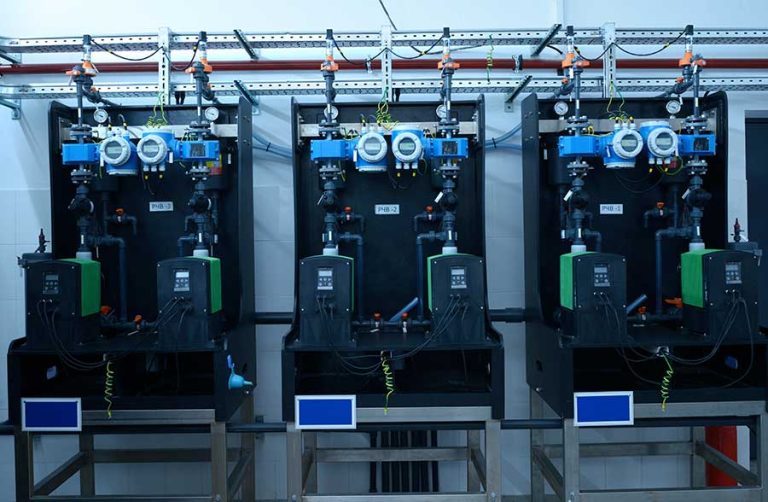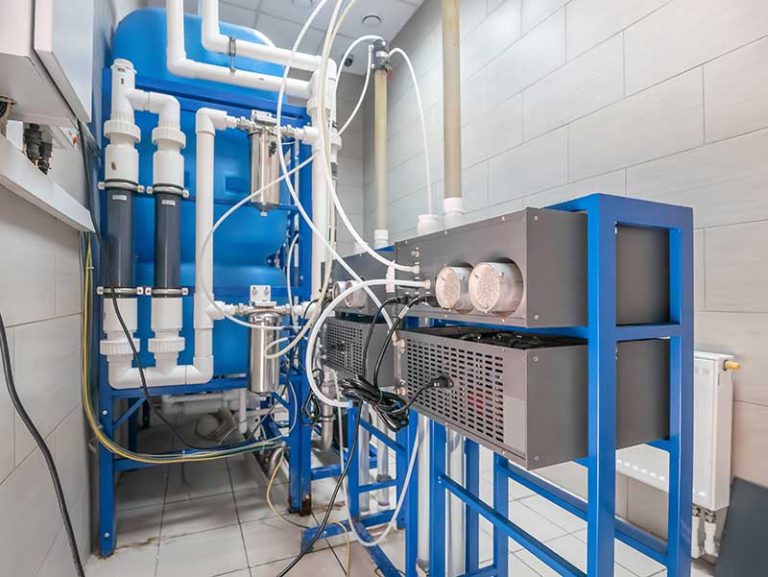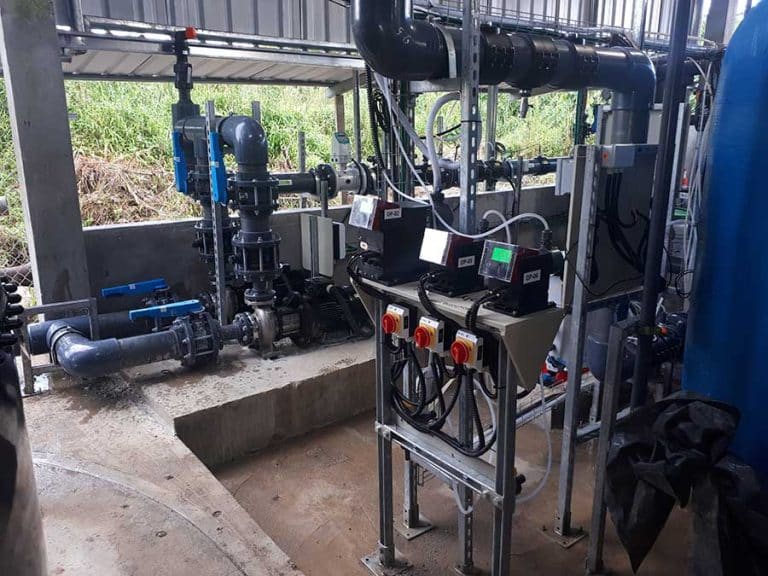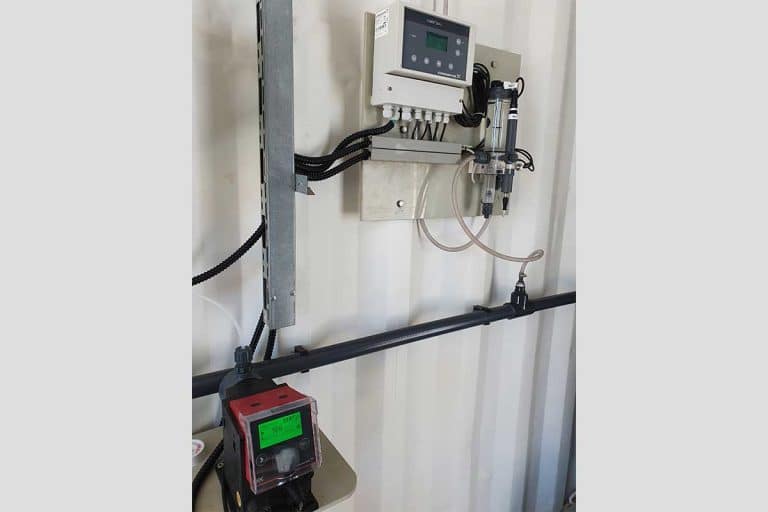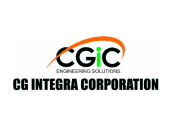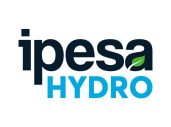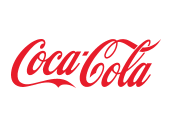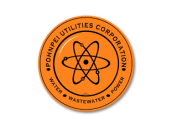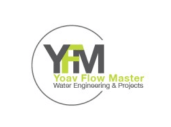Oxidants and advanced oxidation processes (AOPs) are essential for ensuring safe drinking water and/or treatment processes.
Typical oxidation processes have various applications. They can help reduce the presence of unwanted elements, such as iron and manganese. They are also instrumental for disinfection, in which pathogens like bacteria, viruses, and other parasites that can cause waterborne diseases are eliminated or inactivated.
Oxidation processes are usually conducted via either chlorination or ozonation.
AOPs are a group of processes that utilize highly reactive hydroxyl radicals (OH radicals) to break down a wide range of contaminants. These radicals are even more powerful oxidizers than chlorine or ozone alone.
The AOPs use various methods to generate hydroxyl radicals. Some common techniques include combining ultraviolet (UV) light with ozone or hydrogen peroxide.
AOPs are often used in:
- Municipal drinking water treatments, as an additional treatment step.
- Industrial wastewater treatment, for breaking down complex organic pollutants.
- Water reuse applications: AOPs help purify wastewater for reuse purposes like irrigation.

